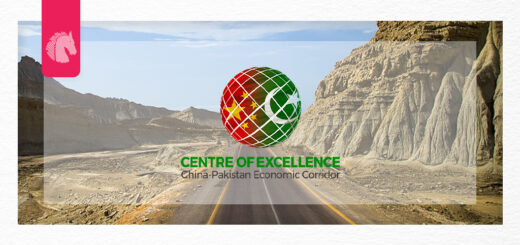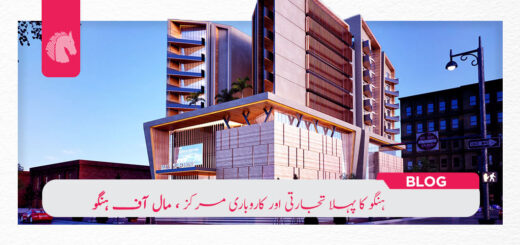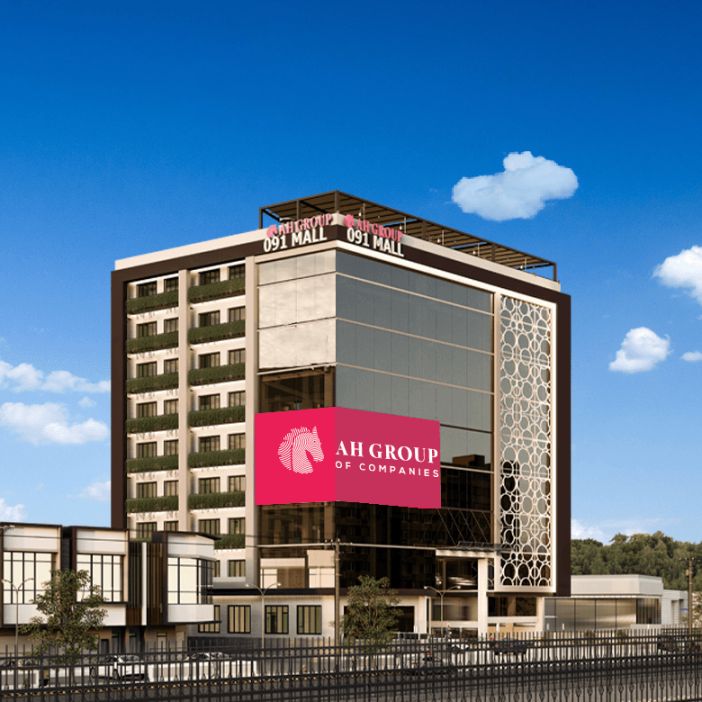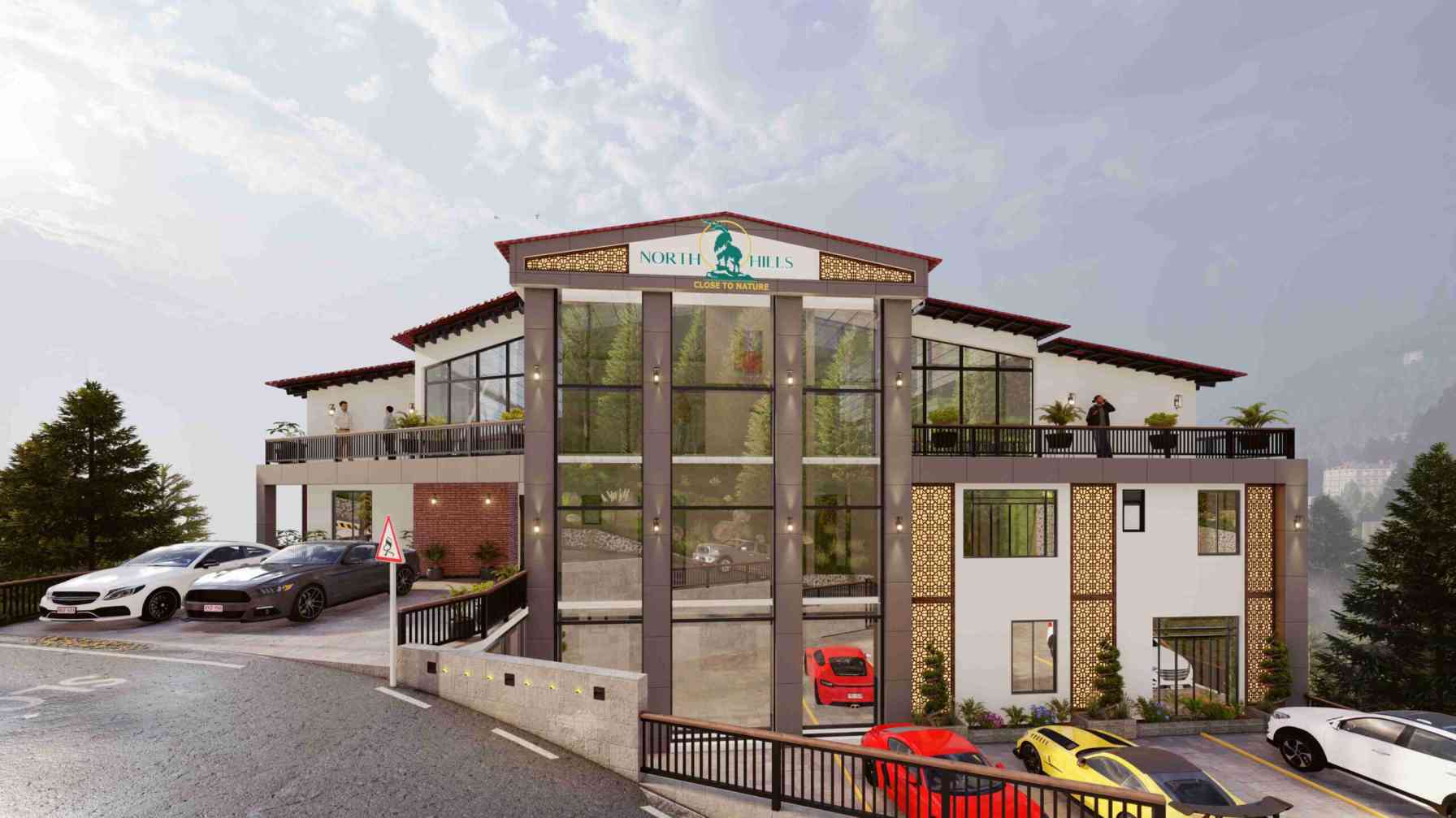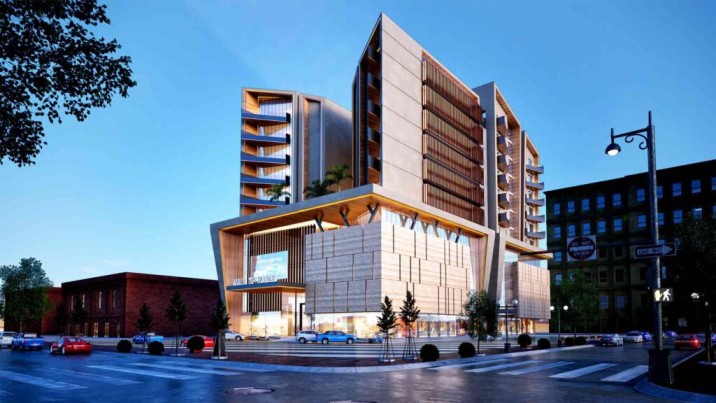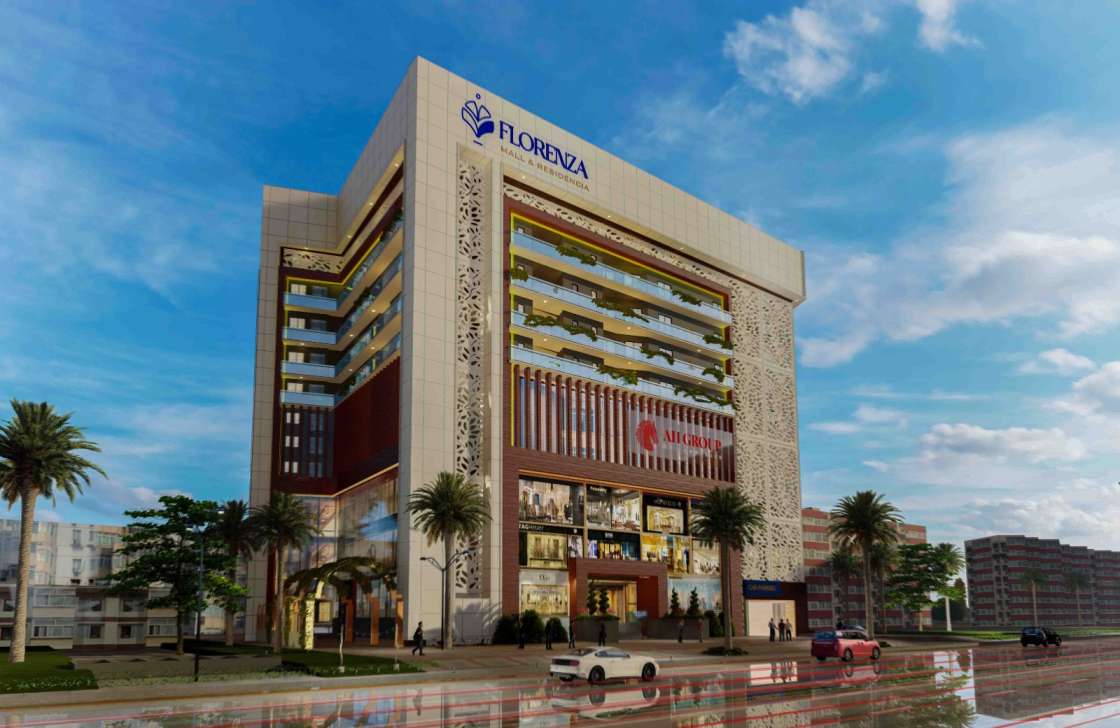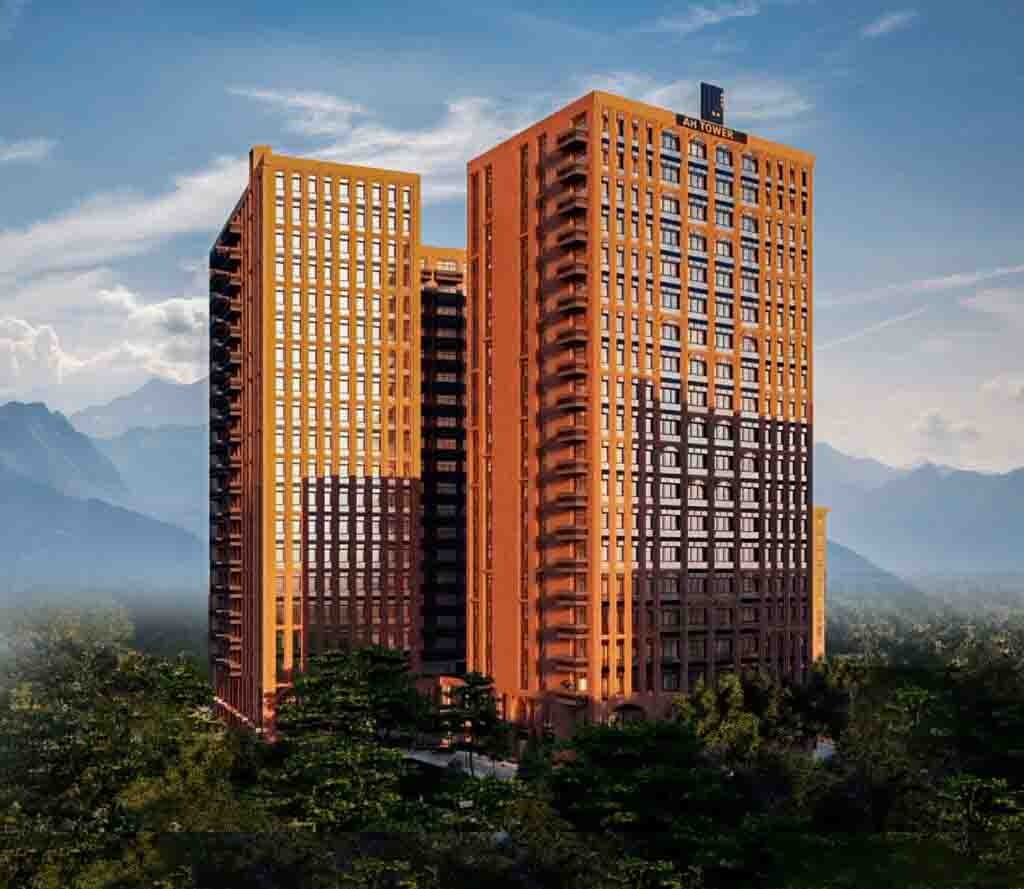The Evolution of Pakistani Real Estate
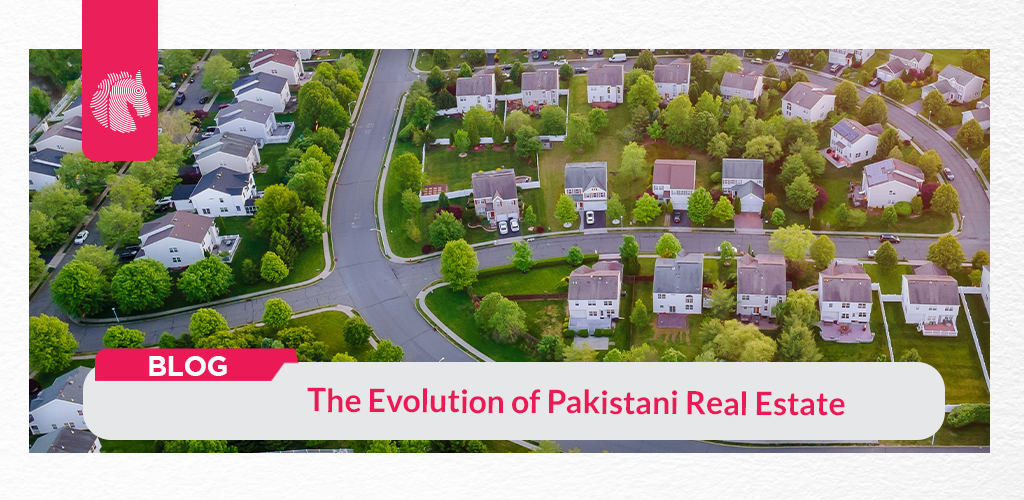
Pakistan’s real estate industry has undergone a tremendous evolution over the past few decades. The country’s population is growing rapidly, leading to an increased demand for modern living spaces and commercial properties. The industry has seen rapid growth, with developers introducing more innovative projects and modern designs to meet the demand of Pakistani residents. In this blog, we will examine the evolution of Pakistan’s real estate industry and how it has transformed over the years, paving the way to the future of real estate in Pakistan.
The Growth of Pakistan’s Real Estate Industry
Pakistan’s real estate industry has grown at an unprecedented rate over the past few decades. Since the 1990s, the country’s population has nearly doubled, and with it, so has the demand for quality housing and commercial spaces. The industry has subsequently evolved to cater to the changing needs of Pakistani residents. The current Pakistani real estate market is the result of years of evolution, with a wide variety of modern buildings that reflect the new urban Pakistani lifestyle.
The Evolution of Pakistan’s Real Estate Industry
Phase One: The 1990s
During the 1990s, the Pakistani real estate industry was in its initial stages of development. There was a limited idea of what the industry would entail, and traditional methods of constructing housing were still applicable. The concept of gated communities had yet to become widespread in the country, and luxury housing was a rarity rather than the norm.
Despite this, it was during this time that a few developers began introducing new construction techniques and amenities in their projects. This development would set the stage for the revival of the real estate industry in the country.
Phase Two: The Early 2000s
The early 2000s saw the first significant opportunity for real estate in Pakistan to take off. The introduction of the “Investors Friendly” policies that were put in place in the country provided foreign investors with the ability to enter the market. The policies enabled non-resident Pakistanis to invest in the country’s real estate sector, which began to drive the industry’s evolution. Developers began to implement new technology and incorporate amenities that had previously only been found in developed Western countries.
One of the most notable developments during this period was the construction of the first gated community in Pakistan. The project was a game-changer in the industry, as it introduced new concepts such as gated communities and luxury studios in the country.
Phase Three: The Late 2000s
The late 2000s were a defining moment for Pakistan’s real estate industry. Players in the industry began to realize the potential of real estate- driven development, and with that, the industry’s focus shifted to the concept of developing whole communities, rather than just constructing independent structures.
During this period, Islamabad saw a significant boom in real estate. Developers focused on creating spacious housing options that were both affordable and luxurious, providing amenities such as high-rise apartments, townhouses, and condos. In addition, more specialists entered the market, such as property managers, real estate brokers, and contractors, with each specializing in different aspects of the sector.
Phase Four: 2010 and Beyond
Pakistan’s real estate industry has continued to evolve throughout the past decade, with players in the industry gravitating towards innovative and urban designs. The market has seen a substantial increase in the number of luxury, high-end residential and commercial projects in major cities such as Lahore and Karachi. Additionally, the industry’s evolution has led to the incorporation of green living and sustainable developments in projects, catering to the increasing need for environmentally conscious living.
The introduction of technology and innovation has also revolutionized the real estate industry in Pakistan. It has enabled the easy transaction and management of properties, offering transparent access to information, contracts and increasing accountability in the sector.
Future of Pakistan’s Real Estate Industry
The future of Pakistan’s real estate industry is bright. The industry has come a long way, and the developments that have taken place over the years have the potential to drive the sector into a future marked by innovative and sustainable projects and ethical business practices.
However, at present, the real estate sector in Pakistan is facing some challenges. The lack of proper legislation to regulate transactions and contracts in the industry has become a significant concern, as fraud and scams become increasingly common. This challenge, coupled with the country’s economic situation, has led developers and investors to become more cautious about investing in the sector. Therefore, the sector requires dedicated policies designed to provide effective oversight and tighten regulation.
Conclusion
Pakistan’s real estate industry has come a long way since its inception, and its recent growth is a testament to the tireless efforts of developers and stakeholders in the industry. Landmarked in this growth has been the recognition of the potential of community-driven sustainable developments, the incorporation of technology, and innovative designs. Despite current challenges, the future of Pakistan’s real estate industry looks promising with new innovative projects in the works. As a trusted partner in Pakistan’s real estate industry, AH Group looks forward to playing a key role in the continued evolution of the sector towards a bright future for Pakistan.

